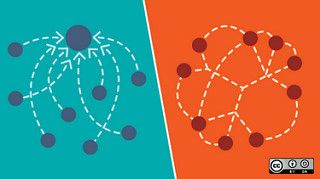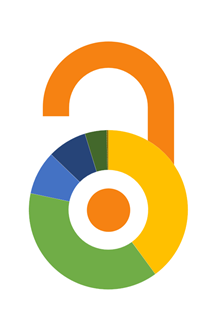Mitacs program updates for universities
(Webinar)
May 14, 2020
3:30 p.m. – 4:30 p.m. ET
https://attendee.gotowebinar.com/register/7254032769048839436
As the effects of COVID-19 continue, Mitacs is working closely with government, academic, and industry partners on strategies to support the urgent needs of businesses, students, and postsecondary partners. In light of the pandemic and the support required to address its aftermath, they will share some new COVID-19 initiatives that may be of interest to faculty and students. On Thursday, May 14, 2020 at 3:30pm – 4:30pm ET, they will host a webinar to review these initiatives in detail.
Faster approvals and better leveraging for COVID-19 projects (deadline to apply is June 1, 2020): If you are involved in the battle against COVID-19, it’s vital that you continue to push ahead with your R&D as quickly as possible. Eligible industry and not-for-profit partners that are developing specific COVID-19 solutions may qualify for fast-tracked research review to get them the talent they need right away. And, if you are working with a small- to medium-sized enterprise (SME), Mitacs is increasing the funding leveraging — SMEs may contribute as little as $3,750 for one four-month internship. Learn more here
Small- to medium-sized enterprise discount (deadline to apply is July 1, 2020): Businesses, especially SMEs, are facing challenging times, which might jeopardize their R&D activity, so Mitacs is improving its leveraging for SMEs for a limited time. During this time, businesses can contribute $3,750 for a four-month internship, for a total award of $15,000. Learn more here
COVID-19 Industrial Postdoctoral Fellowship (deadline to apply is May 15, 2020): This is a one-year collaborative research award between universities and industry or not-for-profit partners that demonstrate a strong benefit to Canada in battling COVID-19 and addressing its aftermath. Eligible projects will be fast-tracked through the Mitacs approval process. Additional financial support is available to SMEs working to develop solutions to COVID-19. For a finite period, with an SME contribution of $15,000, Mitacs will provide a total award of $60,000 to cover the postdoctoral fellow’s salary and associated research costs. Learn more here.
Research Training Award: The Research Training Award (RTA) is an immediate and short-term opportunity for undergraduate and graduate students to undertake a 12- to 16-week paid research training internship, valued at $6,000 per student. Student-led, these projects are designed to enhance their research skills as well as their interaction with faculty. Host institutions will be asked to contribute $3,000 towards the total award. These projects are intended to provide opportunities for students over the summer months, ideally starting by June 1, 2020, and no later than August 31, 2020.
Business Strategy Internship: For a limited time, undergraduate and graduate business students can undertake internships to apply their business expertise to real-world decision-making in SMEs. Projects will be structured to undertake a strategic analysis of an SME to help them restore or modify their business operations in a new business environment disrupted by the COVID-19 pandemic. These paid internships are valued at $10,000 per student. SMEs and host institutions will each contribute $2,500 towards the $10,000 award. This exciting opportunity allows business students with broader training and career opportunities while providing support to SMEs who need additional assistance in modifying their business operations to adapt to the new economic reality.
Canadian Science Policy Fellowship COVID-19 (deadline to apply is May 31, 2020): To support the development of evidence-informed policy with access to scientific expertise from Canada’s academic sector, Mitacs is opening a Canadian Science Policy Fellowship (CSPF) COVID-19 call. This cohort will address Canada’s response to COVID-19, recovery, and preparation for future pandemics.
This CSPF COVID-19 call is a modified version of the standard CSPF program aimed at quickly connecting government with academic researchers meaning a faster matching process from a pool of qualified and pre-approved candidates, all of whom hold PhDs. This call will be open to provincial, municipal, and Indigenous governments.
photo credit: frederic.gombert Let’s bright via photopin (license)










